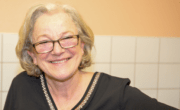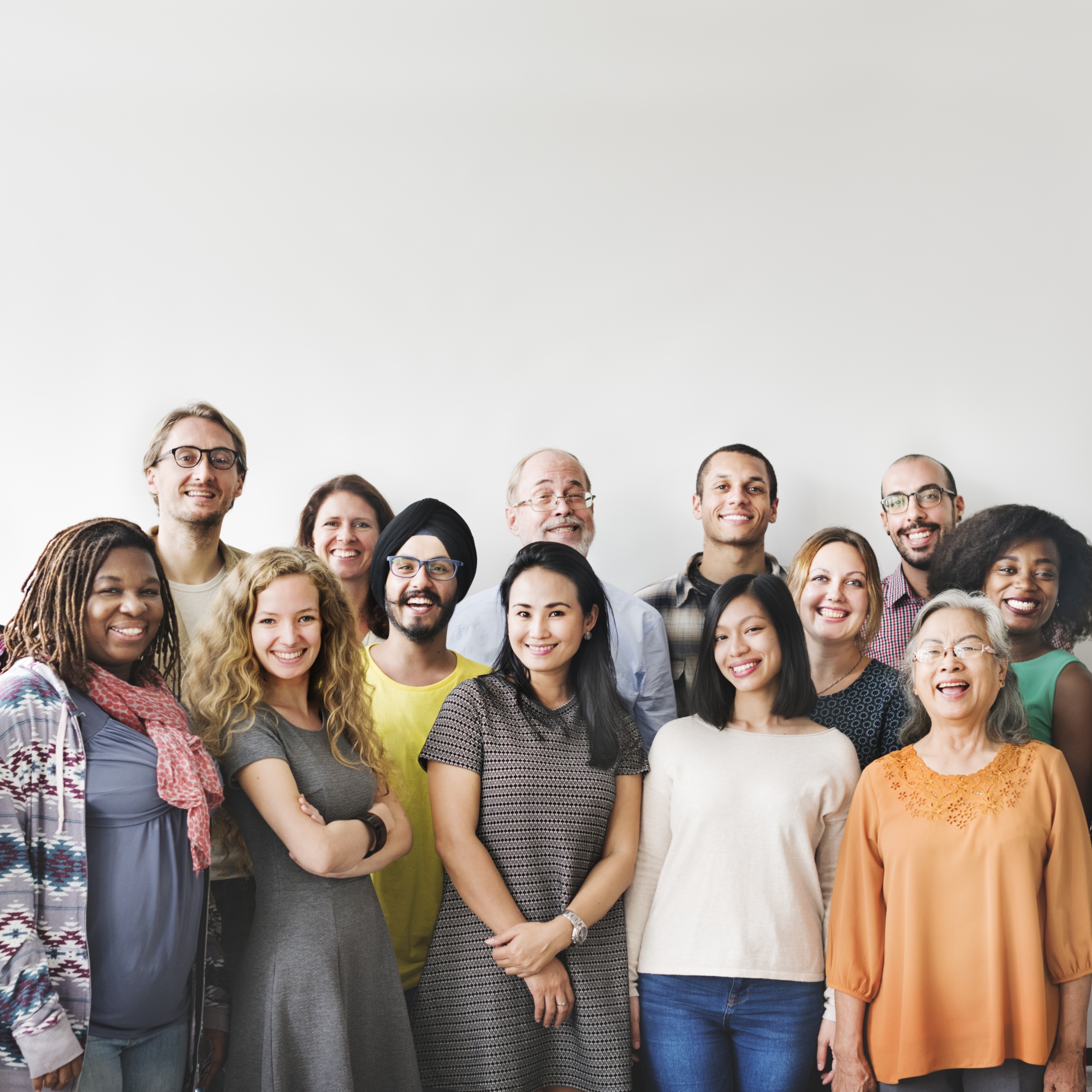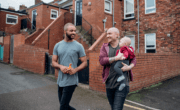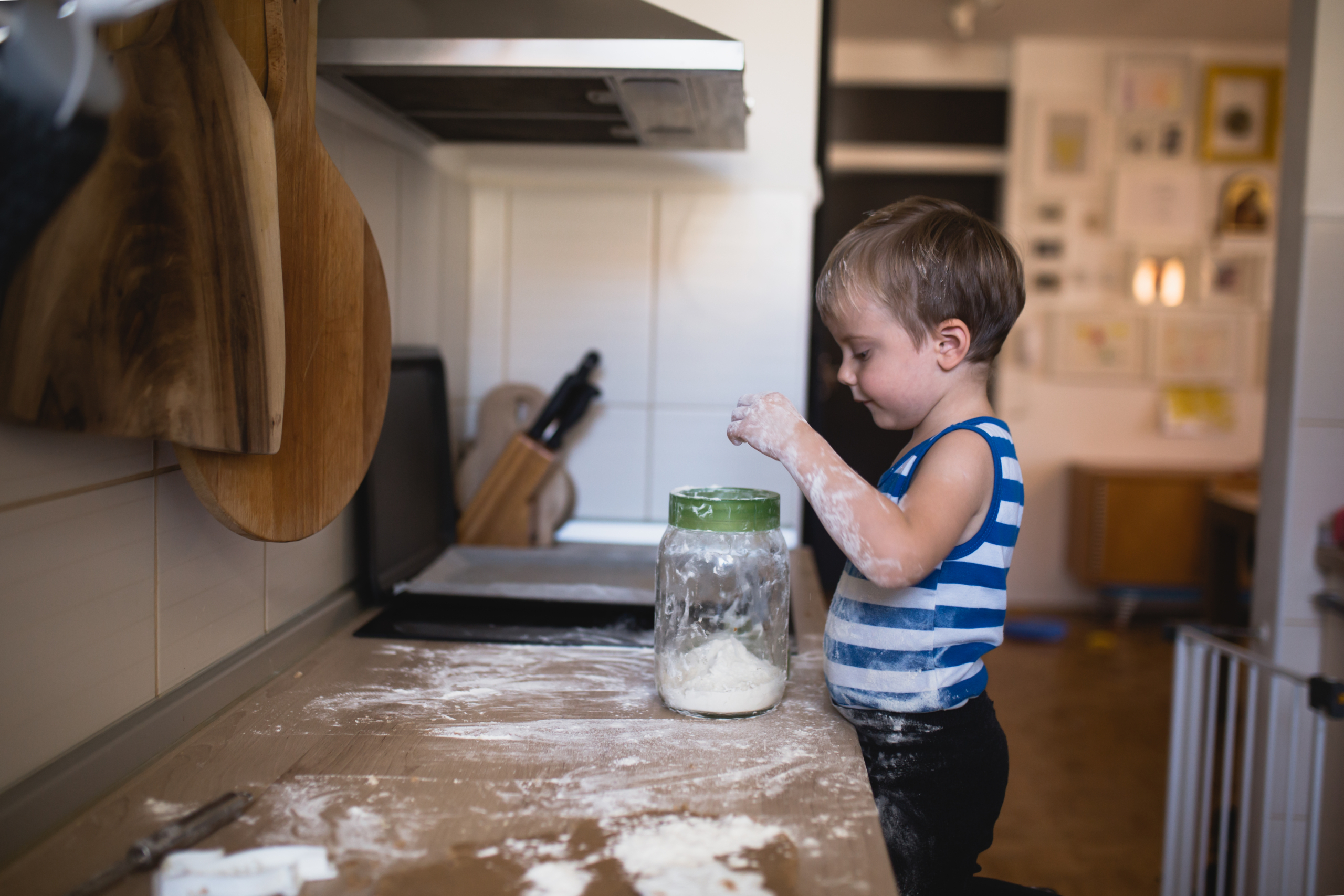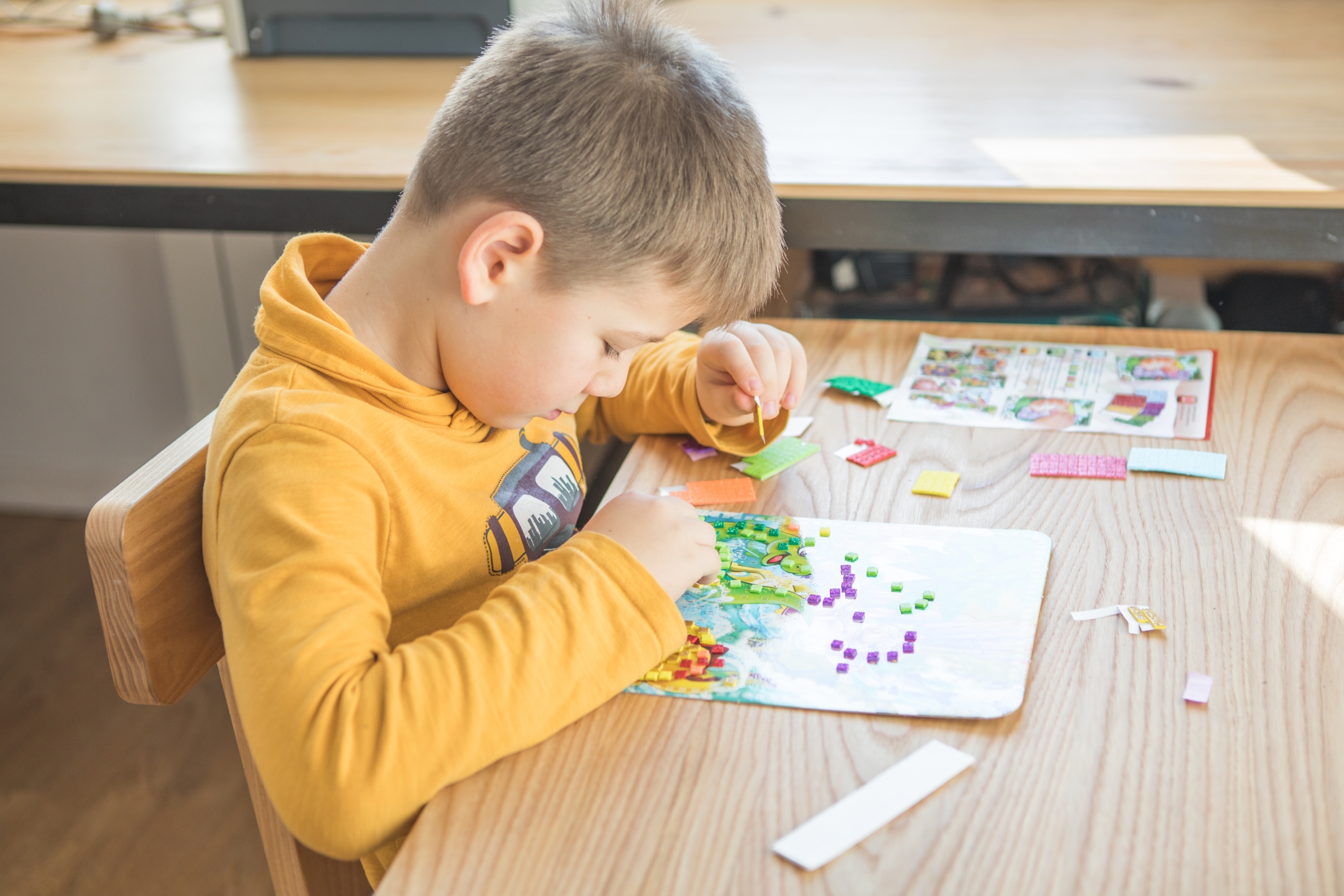At Family Action, we are committed to embedding co-production within the work we do to support families. Co-production aims to involve the people we work with by consulting them and involving them in the design and delivery of our services.
One of our stated values as an organisation aims to ensure we are ‘people focused’. This is particularly relevant to co-production as, to be effective for our service users, we need to understand their experiences and work alongside them when we design, deliver and evaluate our services.
Our Co-production Working Group helps scrutinise our commitment to co-production within both our frontline services and our head office support services and guidance. We believe that for us to be the best organisation that we can be co-production needs to run through everything that we do, so our service users are at the heart of all of the decisions we make.
In recognition of Co-production Week from 5th – 9th July, we are sharing stories from our services about the ways we co-produce our work with service users. We hope you will enjoy hearing them!
 Supported Housing in Lewisham
Supported Housing in Lewisham
Our Supported Housing service in Lewisham hosts a fortnightly Service User Group. The group have developed and reviewed the role of Service User Representatives within the service and have led the design of service user satisfaction surveys.
By doing so they shaped the survey’s questions to ensure it reflects their own experiences using the service and, as a result, questions were added which staff had not thought to ask in previous feedback exercises.
Service users from the group have also been involved in a recent recruitment panel for a new member of staff within the service.
Holiday Hubs
Our Holiday Hubs focus on promoting family bonding through families eating, learning and playing together, and the model was developed from the outset to value the principles of co-production.
LifeSkills Holiday Hub is one of the arms of the programme and aims to help individuals and families develop their confidence, financial, and employability skills. Individuals, families or groups of service users self-select the skills, strengths and areas they wish to develop using a Wheel of Strengths. This choice then forms the basis of the work undertaken with the wider group.
The programme is largely delivered through one to one or group sessions at Family Action’s other services – such as children’s centres, community mental health services, and adult/youth support services – and, as the project has progressed, service users are now beginning to take on volunteer roles to help deliver the project.
Holiday Hub also runs an Eco-Explorers Project, which has been specifically funded to develop and grow based on the experiences and input of the children taking part.
The project engages young people in nature and ecology activities builds their confidence by getting them involved in new activities; improves their understanding of nutrition, and creates opportunities for family bonding through shared activities.
Although the project’s expected outcomes are agreed upon at the start the delivery model, activities used to achieve them change to reflect those using it as the project continues.
Leeds Young Carers Support Service
Our Leeds Young Carers Support Service (LYCSS) has set up a LEAP group (Leeds young carers, Engaged, Active, Participating) made up of young carers across Leeds aged 11 to 17.
So far, the LEAP group have worked with Leeds 0 – 19 Public Health Integrated Nursing Service to develop a young carers pathway, and improve the questions schools use to identify young carers and the support they’re offered.
The next step for LYCSS and the LEAP group is the ‘We Are Young Carers Friendly Leeds’ programme, which will involve the LEAP group using their experiences to develop a quality mark for schools, community groups and third sector organisations to identify, support and signpost young carers appropriately.
Project Catalyst, PARCS
Project Catalyst provides a platform for young women and people of minoritised genders aged 18 – 26 years (and/or their allies), who have been subjected to any form of sexual abuse to influence the world around them.
The project aims to influence policy by disrupting dominant narratives of sexual violence including:
- Reframing sexual violence and domestic abuse as a collective issue.
- Using collective values to promote different stories of sexual abuse and domestic abuse.
- Using the context of institutional responsibility for sexual violence.
- Using anti-oppressive messaging in all messaging about sexual violence.
- Demonstrating how we can solve the problem.
Participants in Project Catalyst are referred to as “Consultants”. Consultants for the project are supported long-term through trauma-informed group work and a feminist leadership training programme. The project also aims to bring in local and national activists to share learning and practice.
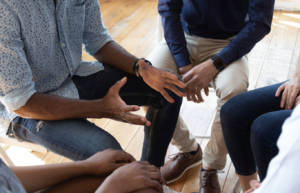 Building A New Direction (BAND), Bolton
Building A New Direction (BAND), Bolton
BAND was born in 1988 out of a partnership between a group of people with lived experience of mental health conditions, a small number of community psychiatric nurses (CPNs) and a church.
The first BAND service was the Emmanuel Drop-In, offering a meeting point for people with lived experience who were socially isolated and co-production was incredibly important right from the outset.
Everyone worked together to agree on a programme of activities, develop a Code of Conduct and contribute to the service as volunteers. It was so successful that within six months there were 80 members. The service continued to grow and by 1990 eight drop-in centres were operating across Bolton.
A steering group oversaw the activities of the drop-ins to ensure active engagement of members in the development and delivery of the service and, as BAND successfully achieved charity status in the mid-1990s, the steering group members became the Board of Trustees.
Band merged with Family Action in 2018. BAND felt it was vital that any potential partner mirrored their values and fully understood and respected its principles of involvement, engagement and co-production.
Family Action went further – accepting the affection for the name, the legacy, the values and principles and the importance of all of this in both BAND’s history and its future.
Today, BAND still operates with a local management committee (in place of its Board of Trustees), made up of service members, and this committee continues to oversee and influence the direction the service takes. The management committee will be involved in designing and delivering services to meet the emerging demand following the Covid-19 pandemic.
Sheffield ADHD Project
Our ADHD Project in Sheffield delivers six to eight-week-long ‘Managing ADHD Groups’ (MAGs) for parents of children who have a diagnosis of ADHD. A young adult with ADHD works closely with the project to develop and deliver sessions to parents – answering questions about ADHD, and sharing his experiences.
Parents respond well to these sessions, and further work is planned to ensure the voice of young people with ADHD is better reflected by the project. The individual is now contributing to training for schools through a video of him talking about his experiences and the support that he found helpful.
There are also plans to increase the representation of young people with ADHD in the work of the project, and to engage a wider pool of teenagers in delivering sessions with parents and creating video content.
Southend Children’s Centres
Our children’s centres in Southend have recently launched a new peer-led support group for parents who have experience of SEND (Special Educational Needs and Disability) or who have children who have experience of SEND. This support group arose as a response to anecdotal feedback from local parents.
The support group will be jointly peer-led by the parent members with support from the local authority, allowing the group to set its terms of reference and agenda depending on the priorities and concerns of the parents. It is hoped that the group will help parents identify shared experiences and support each other, while also collectively identifying any additional support needs which might require engagement with a specialist support service.
There are already plans underway to develop a similar peer-led support group for LGBTQIA+ parents in the local area, to help to identify shared experiences and to increase engagement from the local LGBTQIA+ communities with the children’s centres.
Find out more about what we do and how we support families.



